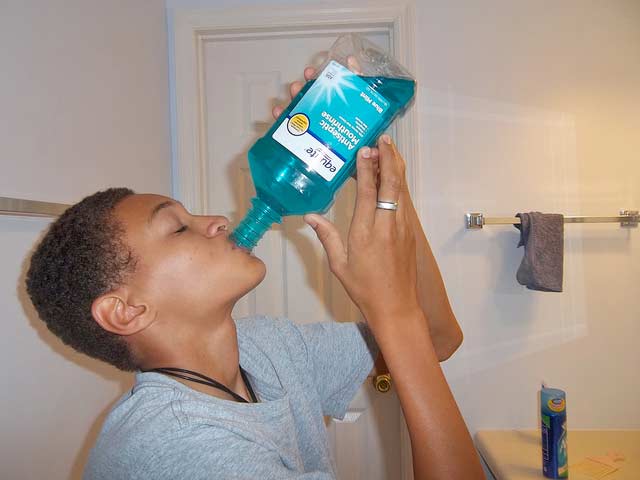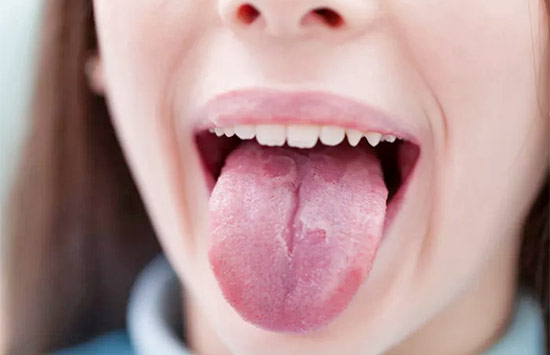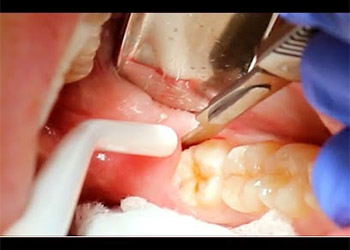You may think of mouthwash as just an innocent personal hygiene tool but think again. Mouthwash contains alcohol, and many people use it as a substitute for alcohol, especially in situations where they don’t have access to alcoholic beverages. However, this is very dangerous and can have serious health consequences.
What are these danger of drinking mouthwash?
You may ask yourself why mouthwash is more dangerous than regular alcohol. Although different brands of mouthwash have different amounts of alcohol in them, it’s always several times the amount of alcohol like beer or wine.
Drinking mouthwash is common at each of the three stages of alcoholism. It is easy to buy (you can buy it at any grocery store, without ID), cheap and can be easily found at home. This is why it’s often a cause of relapse for recovering alcoholics.
The alcohol in mouthwash can cause alcoholism, which can lead to catastrophic results. However, there are other chemicals in it as well. These are cancerogenic chemicals that can lead to different types of cancer.
This is not the only negative side effect non-alcohol chemicals in mouthwash have. Other chemicals often found in mouthwash can have many unpleasant side effects, such as vomiting or diarrhea. However, that’s not where the real danger lies. The real danger of drinking mouthwash is that you don’t know what kind of alcohol is in it. Since it is not made for human consumption, manufacturers often use kinds of alcohol that poisonous to humans, such as methanol, also called wood alcohol. Methanol can be severely toxic to humans and can lead to blindness, or even death.
You may also like Colgate mouthwash for braces
You can find several stories online, where people say how their alcoholism has turned them to mouthwash. While this may sound absurd, it is a serious problem that affects many people who are coping with alcohol dependency or are recovering alcoholics. If this applies to you or a loved one, you should consider switching to alcohol-free mouthwash.
There are several negative effects of drinking mouthwash, which should be avoided at all cost. If you notice someone has more bottles at home than is usual or necessary or frequently smelling of mouthwash are common signs that someone has is abusing mouthwash. If a loved has mouthwash dependency, please encourage them to seek help. Family and friends intervening can be the first step, but if it fails, professional help should be considered.



